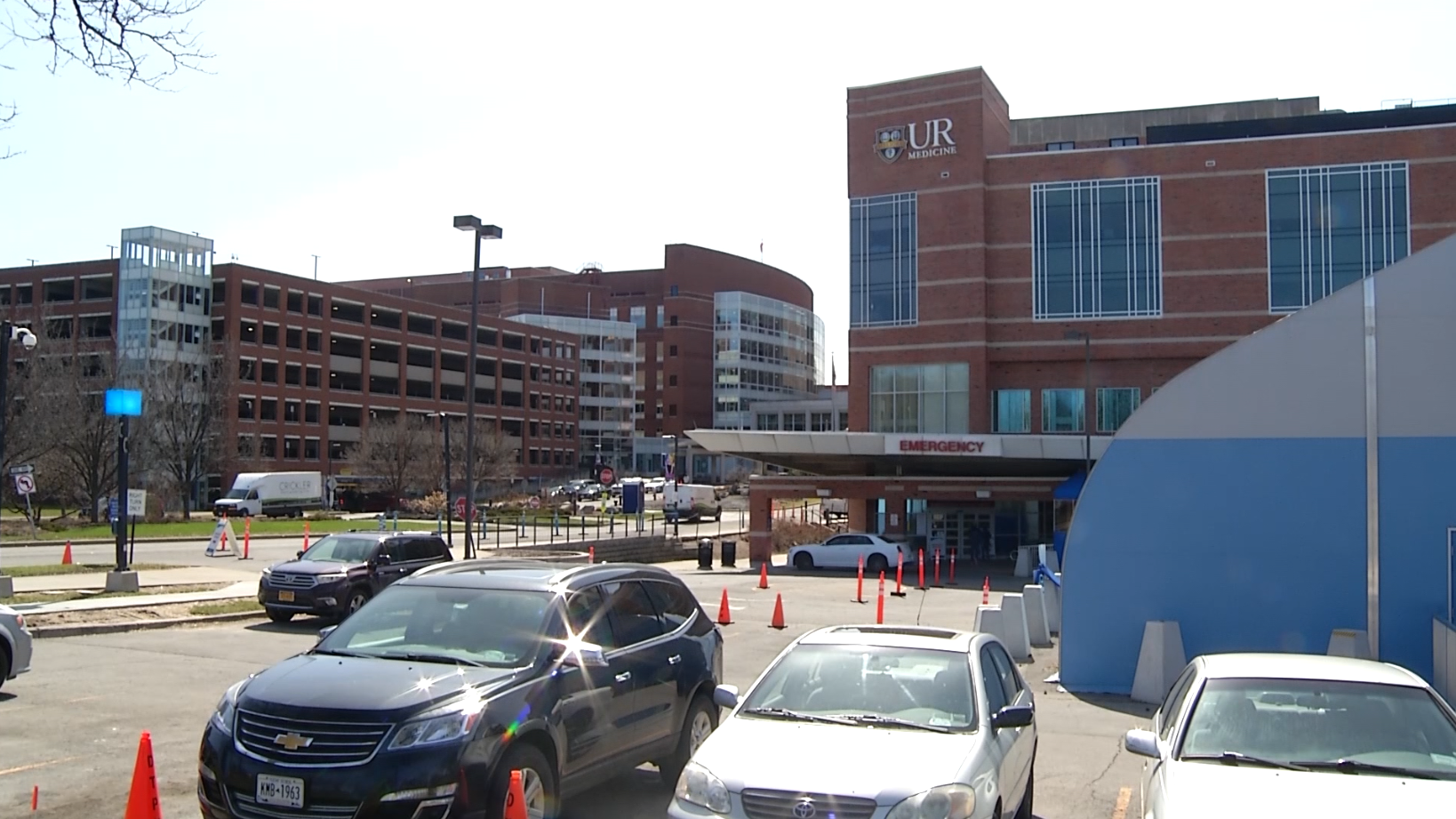URMC gets $27M to study therapies for heart failure

URMC (file photo)
ROCHESTER, N.Y. — The University of Rochester Medical Center is getting $27 million in funding to study health outcomes of people with heart failure.
Researchers will spend six years comparing heart failure patients who do and don’t have an implantable cardioverter defibrillator (ICD), a battery-powered device placed under the skin that keeps track of your heart rate. URMC cardiac researcher Dr. Ilan Goldenberg says the study could change the whole paradigm for heart failure treatment.
“Our current analysis suggests that at least 50% of the patients who receive an ICD today do not derive a survival benefit from it,” he said.
The funding comes from the Patient-Centered Outcomes Research Institute, which will support URMC researchers with a head-to-head comparison of patient outcomes using medications alone compared medications with an ICD implanted.
More than 3,000 patients will participate in the study at 115 sites across the U.S. and Canada. Implanting an ICD is the typical therapy for treating deadly arrhythmias, which can cause cardiac arrest. URMC says there are also other therapies are also making strides for people with heart failure, such as beta-blockers and a new class of diabetes drug that reduces fluid retention.